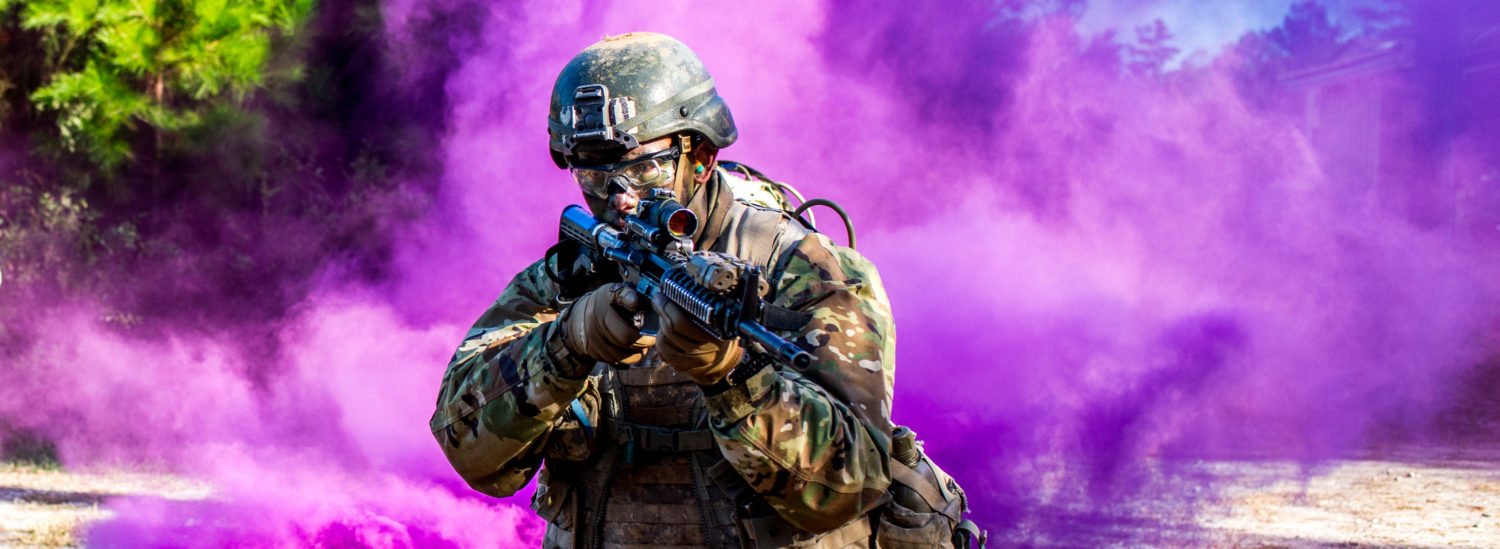You’re standing in the dense vegetation of a land navigation course, frustrated and looking for your next point. “It should be here,” you say to yourself. You know your pace count and azimuth were accurate. Time passes, doubt creeps in, and you realize you might be off course. There’s nothing left to do but get your bearings, course correct, and try again. We’ve all been there. Land navigation is an essential military skill. A slightly incorrect azimuth, just a degree or two off course, has minimal effects in the short-term. But a small discrepancy, over time or distance, can lead you significantly off course. This is similarly the case in navigating ethical decision-making. Leadership requires an accurate moral compass.









